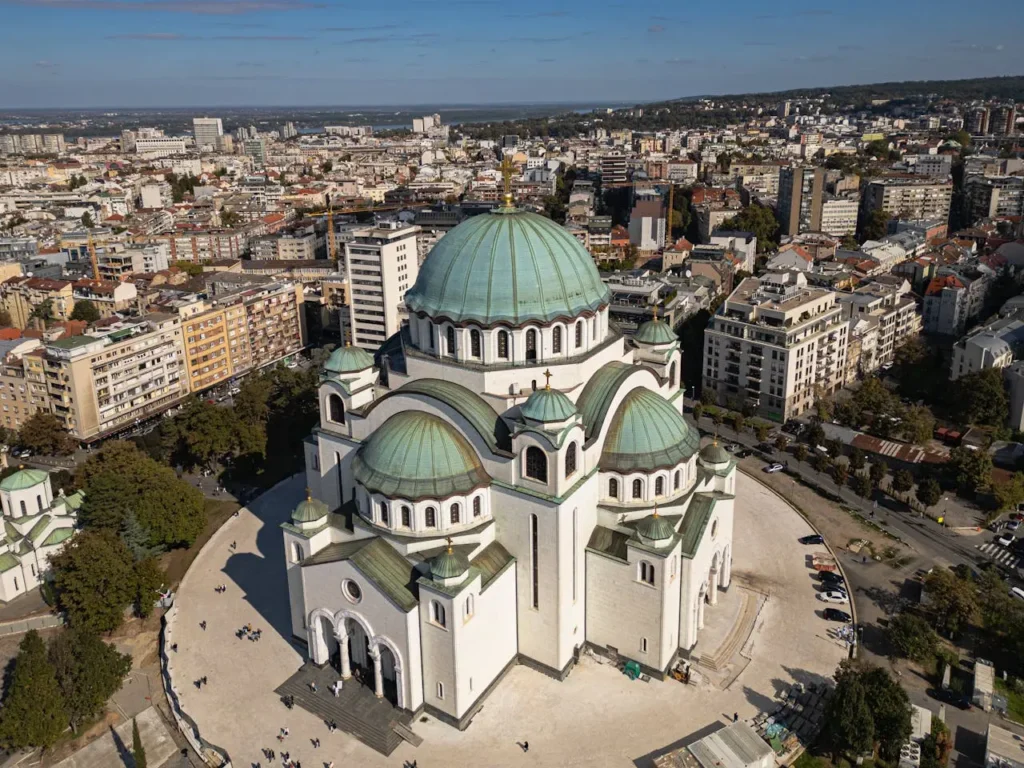European leaders have warmly congratulated Maia Sandu, the pro-Western incumbent, on her decisive victory in the recent run-off of Moldova’s presidential election. This outcome is viewed as a pivotal moment for the former Soviet republic as it continues its pursuit of closer integration with the European Union.

In this decisive second round of voting, Sandu faced off against Alexandr Stoianoglo, her opponent from the Russia-aligned Party of Socialists. The need for a run-off arose after neither candidate managed to secure a majority in the initial voting round held last month. As the Central Electoral Commission reported, Sandu achieved a significant 55.4% of the votes cast, while Stoianoglo received 44.6%, with nearly all ballots counted by Monday morning.
Expressing her gratitude, Sandu acknowledged the immense support from her constituents, both domestically and among the diaspora. Notably, over 300,000 Moldovans voted from abroad, greatly enhancing her chances of winning. In a heartfelt message shared on the social media platform X, she stated, “Moldova, today you are victorious. Together, we’ve demonstrated the strength of our unity, our commitment to democracy, and our aspiration for a dignified future. Thank you to all Moldovans, both at home and abroad. Walk with pride—you embody freedom, hope, and resilience. I am honored to serve you all.”
Moldova, a nation of around 3 million people, finds itself strategically located between Ukraine and Romania, grappling with its position between Russian influence and a European future. There have been allegations of Russian interference in Moldova’s electoral process, mirroring similar claims regarding interference in Georgia, another former Soviet state where the pro-Russian party, Georgian Dream, claimed victory in recent parliamentary elections. In response to these allegations, Moscow has denied any wrongdoing and has accused the West of meddling in Georgia’s electoral affairs.
The recent presidential election follows a referendum held in Moldova just last month, where citizens voted on whether to enshrine the pursuit of EU membership in the nation’s constitution. A slim majority favored this constitutional amendment, underscoring a robust desire for closer ties with Europe. Sandu’s victory is seen as a reinforcement of this pro-European sentiment and has drawn enthusiastic responses from various European leaders, who are keen to mitigate the resurgence of Russian influence in the region.
German Chancellor Olaf Scholz publicly congratulated Sandu, praising her leadership during tumultuous times and her efforts to steer Moldova toward a European trajectory. “We stand by Moldova’s side,” he asserted in a Google-translated message on X.
French President Emmanuel Macron also lauded Sandu’s re-election, proclaiming that “democracy has triumphed against all the interference and all the maneuvers.” He reiterated France’s steadfast commitment to supporting Moldova on its journey toward European integration.
Ursula von der Leyen, the president of the European Commission, offered her own commendations, noting, “It takes a rare kind of strength to overcome the challenges you’ve faced in this election. I’m looking forward to continuing our work together toward a European future for Moldova and its citizens.”
Sandu’s victory represents not just a personal triumph but a broader affirmation of Moldova’s aspirations for European integration amidst ongoing external challenges. With strong backing from European leaders, the future appears promising for Moldova as it strives to solidify its connections with the West while navigating the complexities of its geopolitical landscape. The solidarity from influential European figures highlights a collective commitment to ensuring that Moldova remains firmly on a path toward stability and growth within the European framework. This recent electoral success could serve as a catalyst for further democratic reforms and an alignment with European values, signaling a clear repudiation of external pressures and a strong affirmation of Moldova’s dedication to its European ambitions. The momentum generated by Sandu’s victory may usher in a renewed focus on fostering democracy and building stronger ties with European institutions, making this election a pivotal chapter in Moldova’s ongoing journey toward a more secure and prosperous future.






